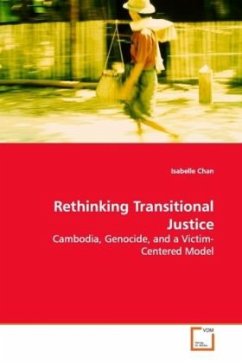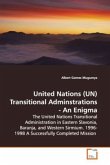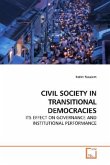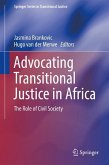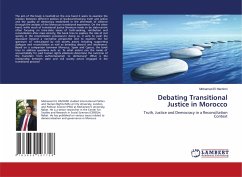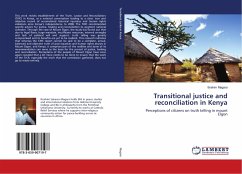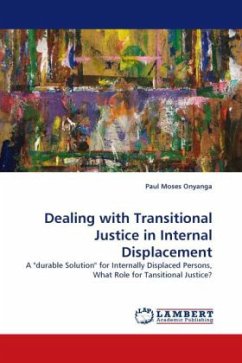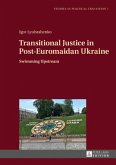Through a normative and explanatory approach, this
thesis explores the historical and political factors
that could influence the pursuit of transitional
justice in Cambodia. The study suggests that a
victim-centered model will meet the goals of
reconciliation, truth, and healing advocated by the
Cambodian Government and the international community.
Recognizing the necessities and positive
potentialities inherent in a combined prosecutorial
and restorative approach of transitional justice,
this research calls upon historical and comparative
lessons to bring forth public policy recommendations
for the Hun Sen Government and the United Nations.
The study concludes with avenues for additional
research on Cambodia, transitional justice, and the
building of a democratic order.
thesis explores the historical and political factors
that could influence the pursuit of transitional
justice in Cambodia. The study suggests that a
victim-centered model will meet the goals of
reconciliation, truth, and healing advocated by the
Cambodian Government and the international community.
Recognizing the necessities and positive
potentialities inherent in a combined prosecutorial
and restorative approach of transitional justice,
this research calls upon historical and comparative
lessons to bring forth public policy recommendations
for the Hun Sen Government and the United Nations.
The study concludes with avenues for additional
research on Cambodia, transitional justice, and the
building of a democratic order.

